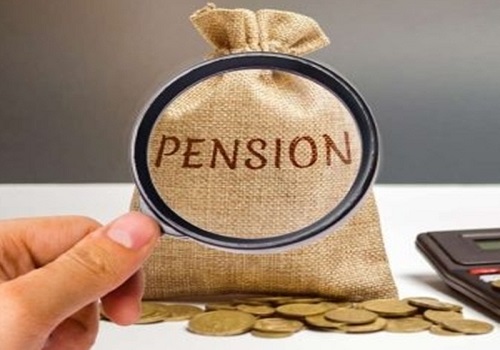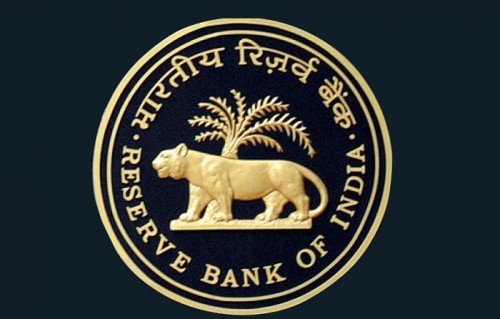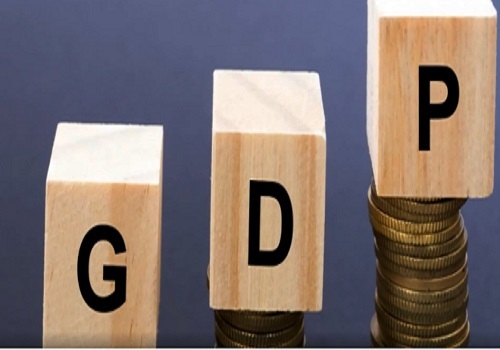US pension funds brace for grim results from investments in private equity

Follow us Now on Telegram ! Get daily 10 - 12 important updates on Business, Finance and Investment. Join our Telegram Channel
Public pension funds are already reporting big losses in 2022. Things are likely to get uglier, media reports said.
That is because the funds, which manage around $5 trillion in retirement savings for the US teachers, firefighters and other public workers, haven't yet factored in second-quarter returns on private equity and other illiquid investments, Wall Street Journal reported.
"You should expect sometime over the next three to four quarters to see write-downs in the illiquid part of the portfolio," Allan Emkin, a consultant to large pension funds with Meketa Investment Group, told the board of the $300 billion California State Teachers' Retirement System last month, the report said.
The losses are yet another example of how the current market tumult offers almost no place to hide, and that even the investments usually considered havens are slumping.
The Dow Jones Industrial Average on Friday closed at its lowest level of 2022 weighed down by concerns about inflation, weak global growth and whether the Federal Reserve's rate-raising campaign will tip the US into recession.
Public pensions have faced a funding crunch for years. Many have increasingly turned to private equity and other non-traditional investments over the past few years in hopes of plugging their shortfalls.
Public pensions reported returning a median minus 7.9 per cent for the fiscal year ended June 30, their worst losses since 2009, according to data from Wilshire Trust Universe Comparison Service, Wall Street Journal reported.
But the only performance figures from this year's brutal second quarter reflected in that 7.9 per cent figure are for traditional publicly traded investments like stocks and bonds. The private-market returns baked into that figure are for the 12 months ended March 31, and include double-digit private-equity gains for the second quarter of 2021.
In the coming weeks and months, public pension funds will calculate the second-quarter performance of their private-market assets based on estimates they receive from investment managers. Warning signs are already visible in the secondary market, where investors can buy and sell private-equity assets midway through the life of the investments, Wall Street Journal reported.
























